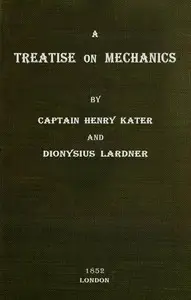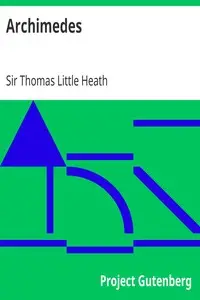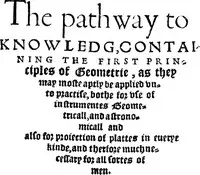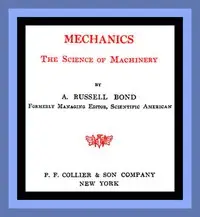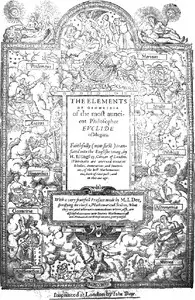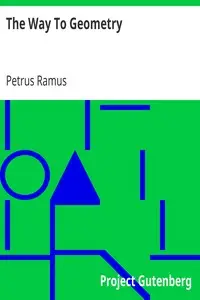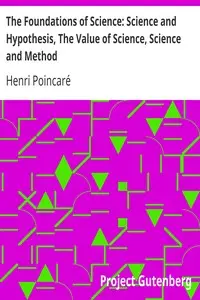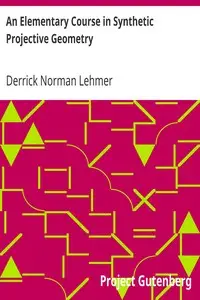"Geometrical Solutions Derived from Mechanics; a Treatise of Archimedes" by Archimedes, is a classical text that blends math and physics, showcasing how geometric problems can be cracked using mechanical ideas. From ancient manuscripts, the book walks through Archimedes's methods for figuring out the volume of shapes like cylinders and spheres, all while connecting these ideas to the real world. Archimedes doesn't just give answers; he shares his way of thinking, explaining how he uses mechanical reasoning to discover geometric truths, revealing the connection between the abstract world of geometry and the practical world of mechanics.
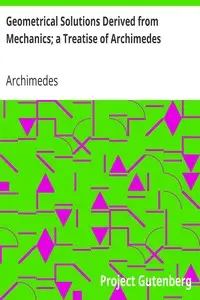
Geometrical Solutions Derived from Mechanics; a Treatise of Archimedes
By Archimedes
Uncover the secrets of ancient geometry where math meets mechanics, revealing groundbreaking solutions to complex problems.
Summary
About the AuthorArchimedes of Syracuse was an Ancient Greek mathematician, physicist, engineer, astronomer, and inventor from the ancient city of Syracuse in Sicily. Although few details of his life are known, he is regarded as one of the leading scientists in classical antiquity. Considered the greatest mathematician of ancient history, and one of the greatest of all time, Archimedes anticipated modern calculus and analysis by applying the concept of the infinitely small and the method of exhaustion to derive and rigorously prove a range of geometrical theorems. These include the area of a circle, the surface area and volume of a sphere, the area of an ellipse, the area under a parabola, the volume of a segment of a paraboloid of revolution, the volume of a segment of a hyperboloid of revolution, and the area of a spiral.
Archimedes of Syracuse was an Ancient Greek mathematician, physicist, engineer, astronomer, and inventor from the ancient city of Syracuse in Sicily. Although few details of his life are known, he is regarded as one of the leading scientists in classical antiquity. Considered the greatest mathematician of ancient history, and one of the greatest of all time, Archimedes anticipated modern calculus and analysis by applying the concept of the infinitely small and the method of exhaustion to derive and rigorously prove a range of geometrical theorems. These include the area of a circle, the surface area and volume of a sphere, the area of an ellipse, the area under a parabola, the volume of a segment of a paraboloid of revolution, the volume of a segment of a hyperboloid of revolution, and the area of a spiral.

